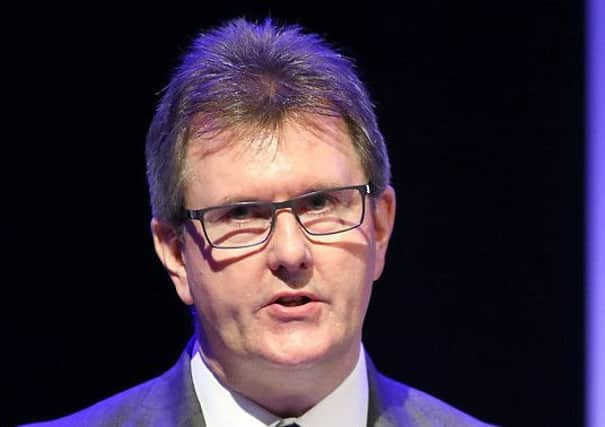Call for judge to lead probe into soldiers' prosecutions welcomed


BBC Online on Wednesday quoted lawyer Philip Barden as saying a review should begin to address concerns felt by soldiers over a recent raft of criminal charges levelled against former military men.
Mr Barden is a partner at Devonshires Solicitors, based in central London.
Advertisement
Hide AdAdvertisement
Hide AdThe BBC said the firm represents more than 10 soldiers facing prosecution, and quoted Mr Barden on Wednesday as saying soldiers’ actions had previously been investigated and that “the then-director of public prosecutions took a decision, based upon the evidence that was then available, that no action would be taken”.
He added that “I think in these circumstances it would help everybody if someone such as a senior judge were to be instructed by the government to review the processes and procedures that have been put in place”.
The details of what Mr Barden believes such a probe would involve – such as what precisely it would look at, or if it would be conducted in public – were not clear.
DUP MP Sir Jeffrey Donaldson, an ex-UDR man, said: “I think we need someone in the judiciary to look into the question of why there is such an unbalanced approach ... why so little resource is going into investigating atrocities like Kingsmills, La Mon, Claudy, Bloody Friday, and many other killings for [which] terrorists have not been held to account.
Advertisement
Hide AdAdvertisement
Hide Ad“If soldiers were the subject of a previous investigation, and were given an assurance that there was no evidence to pursue prosecutions against them, then I think we need to know why that has changed.”
He added “an independent inquiry – an independent, judge-led inquiry – should get to the bottom of why is so much resource of the PSNI being used towards hounding retired soldiers, some of them in their 70s and 80s, and seeking to bring them before the courts”.
He believes any such review should be done in Great Britain, not in Northern Ireland, adding that “we will be pressing the government here to act” to establish one.
According to the book Lost Lives, which contains a breakdown of Troubles killings from 1966 to 2006, the Army killed 302 people (just over half of whom were civilians), the RUC killed about 50 (including 24 civilians), and the UDR killed eight.
Advertisement
Hide AdAdvertisement
Hide AdMeanwhile, 503 Army personnel died, plus 303 RUC or RUC reserve personnel, and 206 UDR and Royal Irish personnel.
In total, it records 3,720 deaths over that period.
UUP MLA Doug Beattie, an ex-soldier, also spoke out on Troubles cases on Wednesday, saying that “a large proportion of society in Northern Ireland feels that justice, at this moment in time on legacy issues, is not being impartial”.